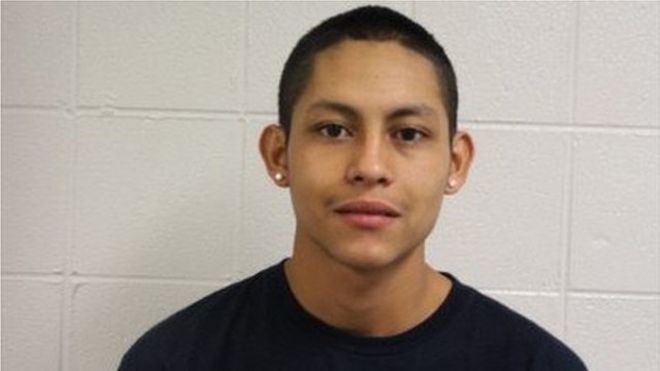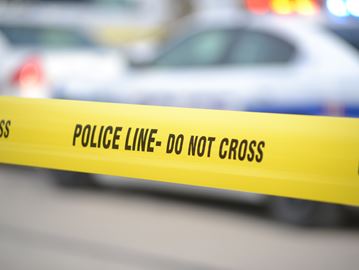ILOPANGO, El Salvador (AP) — Marvin Gonzalez waves to shopkeepers as he enjoys a morning walk through the sunny, working-class resort of Ilopango. His cellphone rings nonstop with residents seeking his support for anything from dealing with a drunk who won't pay his bar bill to reporting an attempted rape.
Gonzalez is not a police chief, nor a politician. The 31-year-old plug of a man is the local leader of the Mara Salvatrucha, a gang formed by Central American immigrants in California and now designated by the U.S. as a transnational criminal organization.
But in Ilopango and communities across El Salvador, the Mara Salvatrucha and their arch rivals, the 18th Street Gang, are de facto rulers. A truce declared two years ago briefly tapered their bloody gang war, but the cease-fire had an unintended consequence: It gave the gangs breathing room to grow even stronger. Now, violence is on the rise again.
The murder rate has climbed since the truce unraveled in late 2013. Last month, the average was up to 10 a day compared to six during the truce.
This wasn't what was expected when gang leaders reached a truce in March 2012. Observers hailed the agreement as the start of a new era of peace for El Salvador, a model to be followed by other countries, and one that had taken cues from the peace process that, two decades earlier, ended El Salvador's 12-year civil war.
"They stopped the civil war with dialogue, so why shouldn't we talk?" said Gonzalez, speaking with a quiet sophistication. "Nobody is going to cease to belong to the gang. But this way, we can begin to rebuild the social fabric."
Former adversaries in El Salvador's civil war joined together to help broker the peace between the gangs. In 2011, then-Security Minister Gen. David Munguia asked Raul Mijango, a former guerrilla fighter who'd served in congress, to go into prisons to talk to gang leaders and negotiate an end to the bloodshed. Violence had reached a peak that year of nearly 70 killings per 100,000 people, one of the highest homicide rates in the world.
After the truce was reached, an order went out to stop the killings, and by mid-March 2012, the government proclaimed that the homicide rate dropped from 14 a day to six. . .










